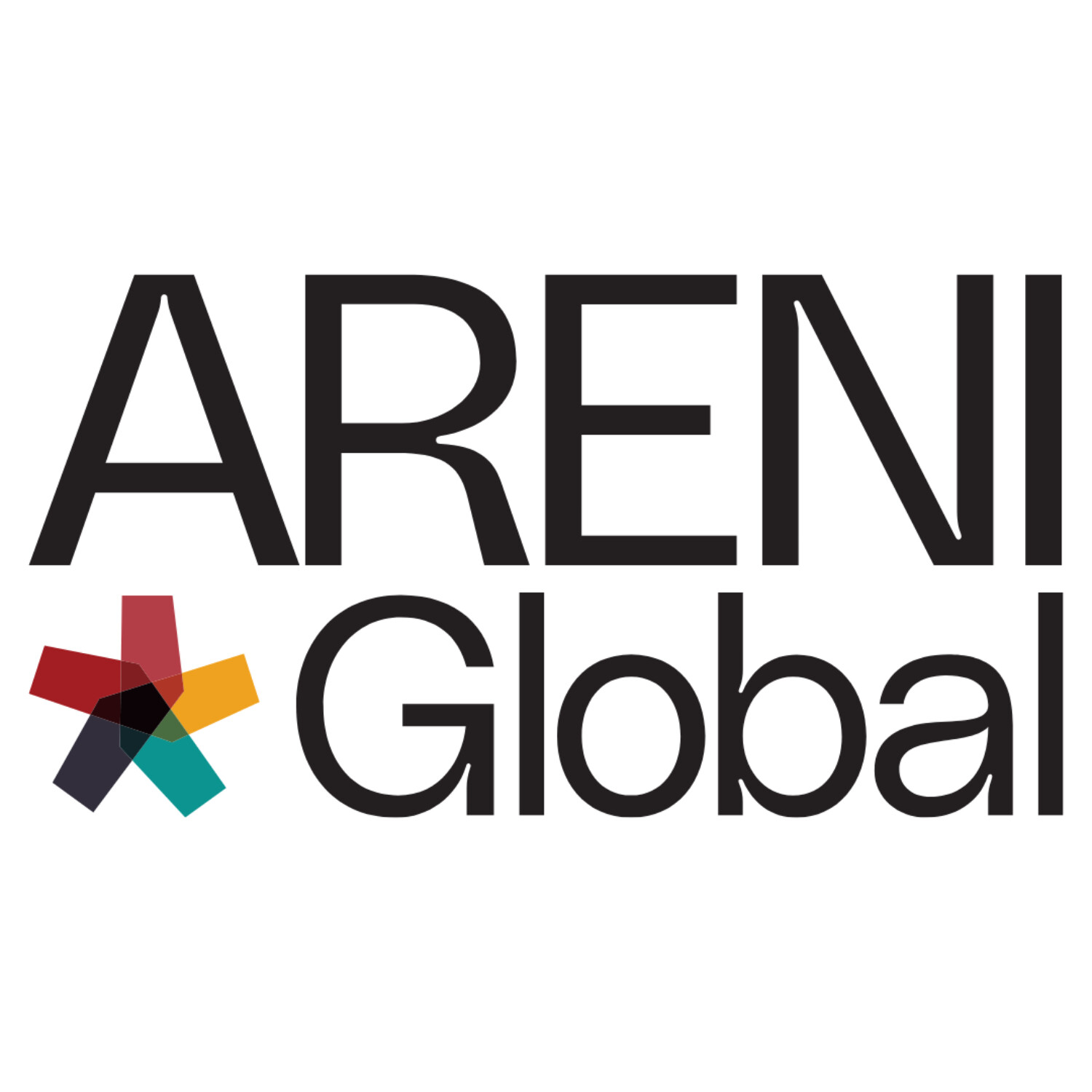Can Agriculture Be Sustainable While Keeping the World Fed?
Description
Agriculture is the world’s second-largest emitter of greenhouse gases, second only to the energy sector. It’s also a leading driver of biodiversity loss. But without agriculture, we die. How can these facts possibly be reconciled?
Some argue that agriculture needs to be pursued more intensively on less land; for others, less intensive agroecology is the only sustainable approach.
Unfortunately, given the urgency of the question, policymakers have failed to find a consensus. This is partly because the two models are based on assumptions that are rarely examined and depend on whether you believe that demand shapes supply, or supply shapes demand.
But what does the evidence say? And is there an ideal solution? And if there is, what does it mean for viticulture?
In this episode, Pauline Vicard meets Professor Tim Benton who leads the Environment and Society Programme at Chatham House. His research covers food and environment interactions, food policy, and trade and geopolitics, and his latest paper “Sustainable agriculture and food systems, comparing contrasting and contested versions” tackles these fundamental issues.
More Episodes
What does successful distribution mean for fine wine? And what does it take to be -and remain- successful in fine wine distribution? Are the keys and measure of success different whether you are releasing your wine en primeur, or en livrables (as deliverables), through exclusive importers, or...
Published 09/12/24
Published 09/12/24
How is the secondary market organized in Norway? And why are Fine Wines so much cheaper there? And how long do people have to queue to buy a bottle of Domaine de la Romanee-Conti?
In this episode, host Pauline Vicard sits down with Arnt Egil Nordlien, Product Manager of Fine Wine &...
Published 07/18/24


